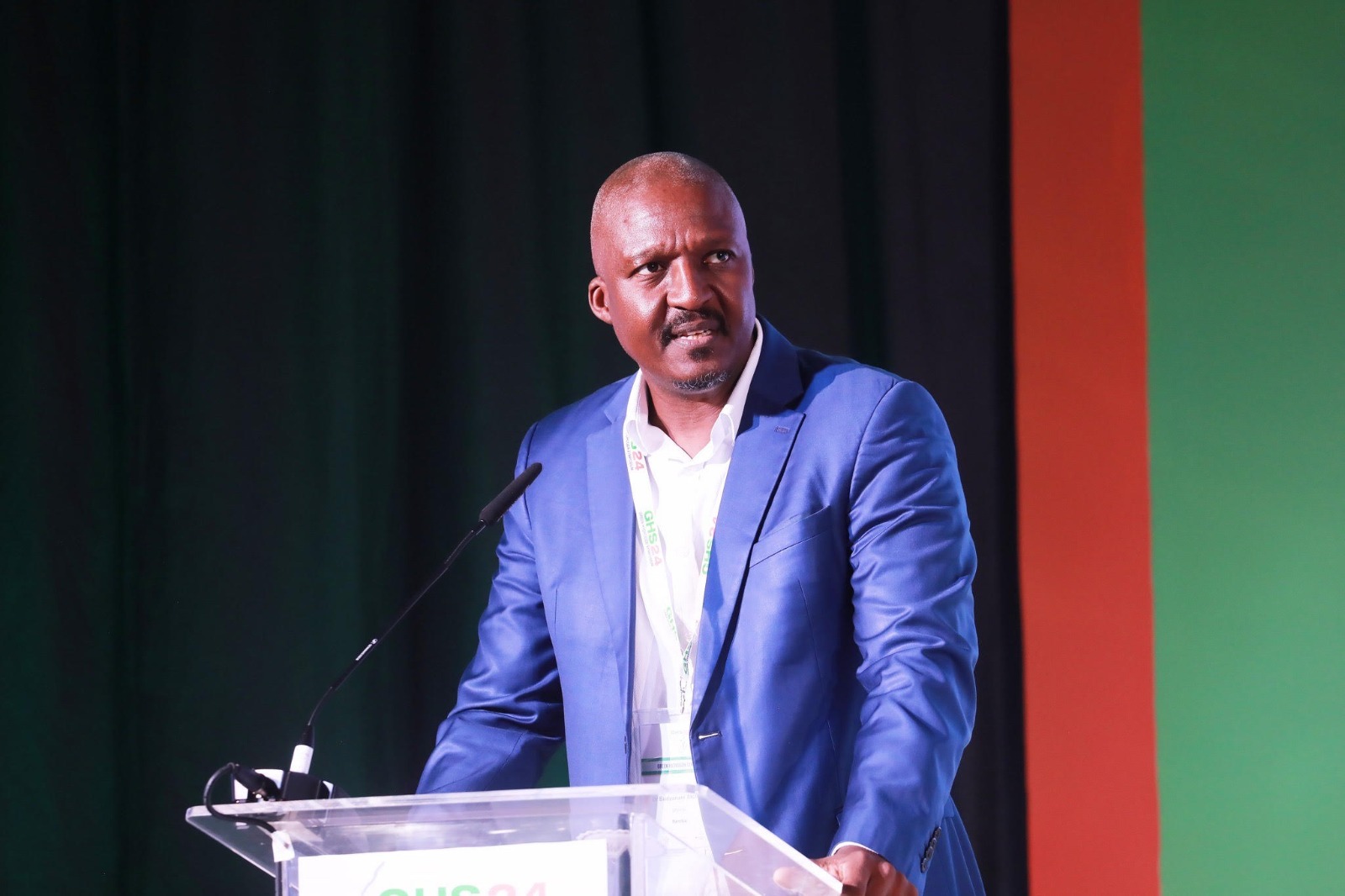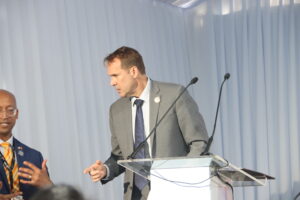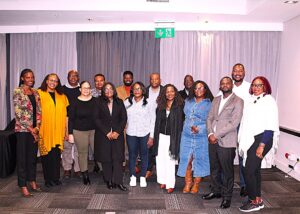Our Correspondent
As the world celebrated World Water Day on 22 March under the theme “Glacier Preservation,” Dr Budzanani Tacheba, the Interim Executive Director of the Southern African Science Service Centre for Climate Change and Adaptive Land Management (SASSCAL), has emphasised the essence of protecting water sources globally.
In his statement, Dr Tacheba highlighted that wetlands were crucial for biodiversity, acting as vital habitats for a wide array of species, supporting food chains, and providing essential ecosystem services, including water purification and flood protection.
“Today, we are reminded of the critical importance of protecting our water resources—both frozen in glaciers and flowing in rivers, lakes, and wetlands,” Dr Tacheda said.
“As glaciers around the world retreat due to climate change, we must also turn our attention to another crucial element in the global water cycle—wetlands. Often overlooked, these ecosystems play an indispensable role in safeguarding freshwater quality, supporting biodiversity, nurturing ecosystem health and ensuring that clean water is available for all. Wetlands support complex food chains from miro organisms to large mammal species wetlands are have a high productivity area with ample biomass that serves as sources of bioenergy for example peatlands.”
Although his speech resonated with the global community in commemoration to the World Water Day, it reverberated more among the people of Southern Africa—where the effects of climate change and water scarcity are being felt.
“At SASSCAL we recognise that water is a shared and finite resource. We are all interconnected, and the health of our water systems affects everyone—across borders, regions, and generations,” she continued.
Dr Tacheba spoke passionately about WeMAST, a ground-breaking project led by SASSCAL that focuses on sustainable wetlands management in Southern Africa. The project, funded by the African Union and the European Union, is designed to preserve wetlands—critical ecosystems that serve as natural water filters, improving the quality of water while regulating its flow. Wetlands help to remove pollutants and store water, making them vital not only for the environment but for the livelihoods of the millions of people who depend on them.
“Through our WeMAST Project, we have developed the WeMAST Geoportal—a platform that provides real-time access to Earth Observation data on wetlands health, water quality, and biodiversity across Southern Africa. This platform allows people in the SADC region to monitor the state of their wetlands, track changes in water quality, and respond quickly to emerging environmental challenges,” Dr Tacheba explained.
He emphasised how satellite data has become a powerful tool for ensuring informed decision-making, empowering governments, environmental experts, and local communities to manage their resources sustainably. Dr Tacheba noted that the WeMAST Geoportal, had already become an invaluable resource for many, offering a comprehensive look at the state of wetlands and their impact on water quality across Southern Africa.
“By leveraging the power of technology,” he said, “we are not only gathering data; we are empowering communities with the knowledge they need to take action. The Geoportal is about connecting people to the tools and information that will help them protect their water resources—whether it’s preventing pollution, managing wetland ecosystems, or responding to water crises.”
More from Africa News 24
SASSCAL hosts technical partners meeting
In reflection of this year’s World Water Day theme: Dr Tacheba added, “The preservation of glaciers is critical and in Africa we have glaciers in: the Rwenzori Mountains, Mount Kilimanjaro, and Mount Kenya. However, we must also recognise that wetlands are a cornerstone of our water security. These ecosystems—often overlooked in the fight for freshwater resources—are essential to the future of our planet. They play a central role in the water cycle, and their preservation is directly connected to our collective ability to achieve Sustainable Development Goal 6: ensuring the availability and sustainable management of water and sanitation for all.”
He urged all governments, NGOs, local communities, and individuals to join hands in recognising the irreplaceable value of wetlands; adding that, “Together, we can protect and restore these ecosystems, ensuring that clean, safe water remains accessible to all, now and for future generations.”
His final words echoed with hope and determination:
“Through collaborative efforts, we can preserve not only our glaciers but also the wetlands that keep our freshwater flowing. Together, we will ensure a sustainable water future for all.”
The World Water Day is celebrated annually on 22 March to celebrate water and raise awareness of the 2.2 billion people living without access to safe water. The essence of this day is centered around acting to tackle the global water crisis.












